Today I would like to discuss the unknown truth of SAP ERP, SAP Event Management and SAP Universal Worklist software products running together in a trio.
Before we talk about this combination, let’s find out how supply chain management is important in today’s end-to-end business process.
Supply chains exist everywhere – for example; in running your home, in health services, the hotel business, retail, wholesale, oil and gas.
You may recall in 2005, the USA experienced the disaster caused by hurricane Katrina in New Orleans. During this, Wal-Mart, the world’s largest retailer, shipped 2500 containers of relief products quickly and efficiently to the devastated region in the first two and a half weeks. Not only did they manage this, they also beat the federal emergency management agency and the Red Cross with their proven efficient supply chain management systems and processes. Wal-Mart is the master of supply chain management and this was proven 100% through their work during the natural disaster of hurricane Katrina. This incident has nicely written in the book called Total Supply Chain Management By Ron Basu, If you get this book, please read it.
Supply chain management is a crucial part for any clients globally. Procuring and delivering to customers becomes quite a challenge in each and every step of the entire business process cycle.
Let me take you through another example in supply chain management by discussing a common product that many people consume every day. You go to a supermarket and buy 12 cans of cola in a cardboard case. When you buy this product, have you ever noticed or think of exactly how the product reached the supermarket and was in stock when you needed it? You may say “Yes, it was delivered from the Cola Company” but in reality, the entire route to delivering the product to the supermarket was a long, lengthy and complicated process.
To give you some background on this process, Bauxite ore is mined in Australia and then transferred via trucks to nearby mills that produce powdery Alumina from the Bauxite ore. Bulk Alumina is then transferred from the mill to the port in trucks, and from a local port to the destination country by boat, where it is also smelted. The molten aluminum is then cast into ingots and subsequently shipped by boats and trucks to Philadelphia on the east coast of the USA. The ingot goes into several processes to turn it into coils. These thin coils are then shipped by truck to the can manufacturer’s warehouse in Illinois State in the USA. The cans are manufactured from the coils, and shipped to the bottlers warehouse on pallets by truck. The cola company fill the cans and then ship them to the supermarket by truck and the end of the process is that you buy and consume the product.
If you look at this whole process from the originating Bauxite ore to delivery of the product to the consumer, there are several sub-processes involved in making a can of cola that is then delivered to the supermarket. The key element here is effective supply chain management, that ensures the products arrive on time to the port, reach the destination country, are securely stored in a warehouse, manufactured on time, shipped to a warehouse and then delivered to the supermarket.
In every end-to-end business process, we always look at reactive customer service methods to implement for clients when the product is sold and delivered, and we never necessarily think of proactive customer service.
Now, Let’s move on to trio combination how SAP ERP, SAP Event Management and SAP Universal Worklist software products will provide effective supply chain management.
When a supermarket ordered 1000 cans from the Cola Company, the sales order raised in the ERP system to process the order, ensured that it could be monitored from the initial order creation through to receiving the payment. This also scheduled the capture of expected and unexpected events in SAP Event Management. If an unexpected or unreported event occurs, SAP Event Management will trigger an alert to SAP Universal Worklist via the SAP Event Management Alert Framework and automatically assign it to relevant team for further processing.
The sales order is converted into a production order for manufacturing. If any issues arise in the production order, then the unexpected event trigger to SAP Event Management, and SAP Event Management will trigger an alert to SAP Universal Worklist via the SAP Event Management Alert Framework and assign it to the production planner.
The production planner or purchasing team subsequently raises a purchase order to the vendor to supply 1000 cans. If the vendor notifies a delivery date or change in quantity, SAP Event Management will trigger an alert to SAP Universal Worklist via the SAP Event Management Alert Framework and assign it to the purchasing team.
Once the sales order has been confirmed and consideration has been given to any delivery delays, quantity variations, delivery time adjustments, SAP Event Management will trigger an alert to SAP Universal Worklist via the SAP Event Management Alert Framework and assign it to the customer service team to notify the customer about these changes.
If shipment has been delayed for any reason – perhaps due to Mother Nature or cross-border customs issues; SAP Event Management will trigger an alert to SAP Universal Worklist via the SAP Event Management Alert Framework and assign it to the shipment team or destination country customer service team for action.
In all of these scenarios, the issues have resulted in an alert being sent to different teams to address the problem in a timely manner. This proactive approach makes the business model more transparent and ensures delivery of the product on time without any delays. Even there is a delay, the proactive nature of the process ensures that the customer will still be happy as they have been notified well in advance.
Most businesses know about SAP ERP and SAP Event Management integration in today’s supply chain management, but the additional integration of SAP Universal Worklist provides added benefits like:
- Proactive customer service
- Assignment of a task to a relevant team to action
- High visibility
- Fill the gaps and tighten the integration of supply chain management
- Mitigates the risk of losing customers
Integrating this trio of SAP products gives you 100% transparent visibility of your end-to-end business process.
Therefore, transform your supply chain management with this combination of SAP ERP, SAP Event Management and SAP Universal Worklist today.

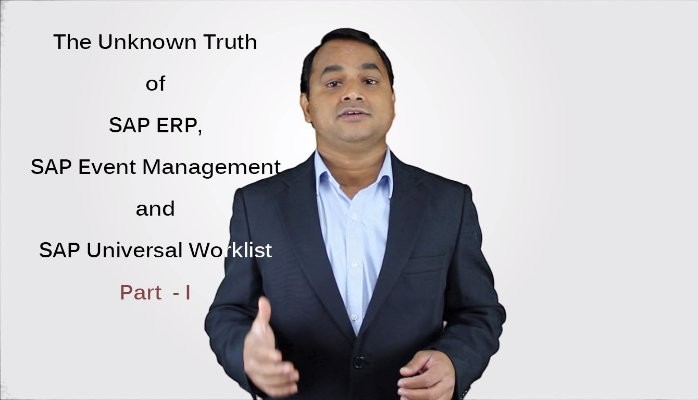
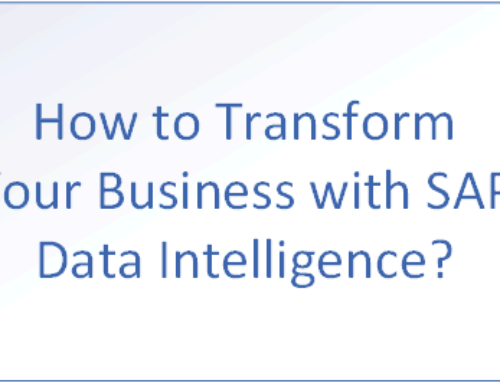
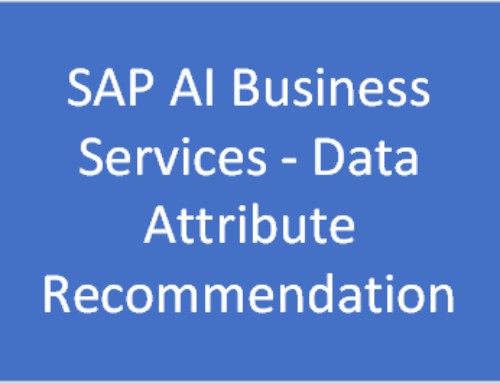
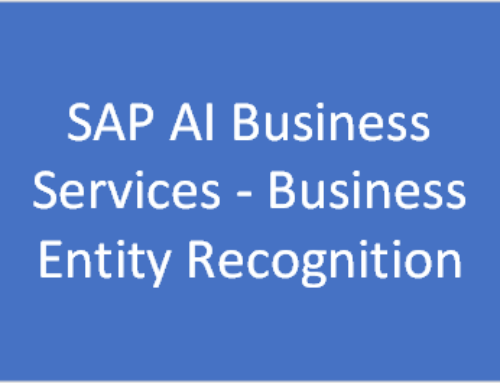
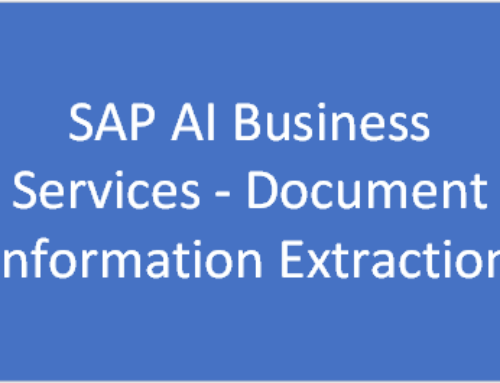
Leave A Comment